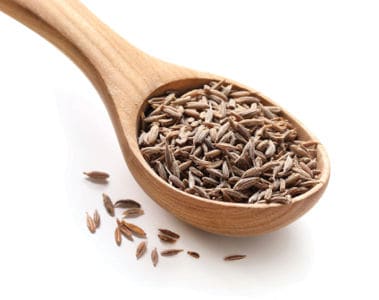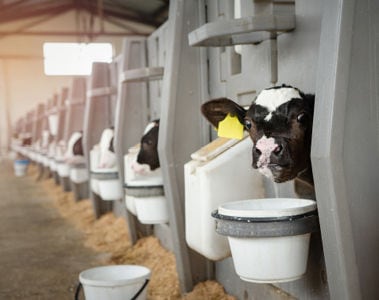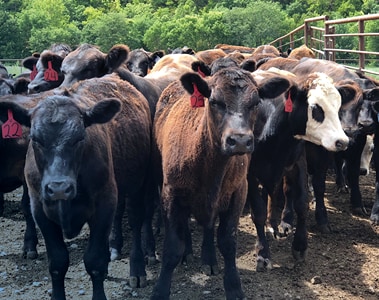In the ever-evolving landscape of animal nutrition, phytogenic feed additives (PFAs) have emerged as a significant tool for enhancing animal health and performance. These additives are a sophisticated blend of plant-derived compounds designed to optimize livestock productivity and health.
Key Ingredients and Their Benefits
The core components of phytogenic feed additives include a variety of essential oils and other plant extracts known for their beneficial properties. Key ingredients such as oregano, anise, and citrus oil are pivotal due to their potent antimicrobial and antioxidant effects. Oregano oil, for instance, is not only a strong antimicrobial agent but also supports gut health by promoting a balanced microbiota and enhancing mucus production, which is crucial for gut protection (Milos et al., 2000).
Anise oil enhances palatability and offers antimicrobial and antifungal benefits, making the feed more appealing to animals while protecting them from pathogens (Cabuk et al., 2003). Citrus oil adds to this blend by promoting gut health and aiding in digestion, which is essential for the efficient use of feed (Deans, 1991; van Vuuren & Viljoen, 2007).
Medium Chain Triglycerides (MCTs) and Vitamin E
Including MCTs in additives provides a readily available energy source, which is especially beneficial for young, growing animals like calves. MCTs are absorbed more quickly than long-chain triglycerides, providing a quick energy boost and reducing the breakdown of body proteins for energy, thereby supporting better growth rates (Kono et al., 2003).
Vitamin E, a well-known antioxidant, is critical in enhancing immune response and increasing disease resistance. Its presence in the additives ensures that the animals are better fed and equipped to handle environmental stresses and infections (Lewis et al., 2019; Mcdowell et al., 2007).
Scientific Backing and Proven Results
Extensive research and trials underscore the effectiveness of phytogenic feed additives. Studies have demonstrated its ability to improve feed efficiency, enhance growth rates, and reduce the need for medical treatments, lowering livestock management's overall cost. The trials, conducted under various farm conditions and with different animal groups, have consistently shown improvements in weight gain, feed intake, and overall health (Akbarian-Tefaghi et al., 2018; Brand et al., 2019; Miller, 2016).
For instance, dairy calves receiving phytogenic feed additives experienced an 8% increase in body weight gain and a 5% improvement in feed efficiency, requiring only 1.91 kg of feed per kg of body weight gain compared to 2.01 kg for control groups (Schieder, 2014). In beef production, a study noted a tendency for enhanced average daily gain in finishing steers, although without significantly affecting feed intake or severe liver abscess occurrences (Brand et al., 2019). These results make a compelling case for the additive's use in modern animal husbandry, emphasizing its role in sustainable livestock management.
Conclusion
The strategic use of PFAs represents a forward-thinking approach to animal nutrition and health management. By leveraging the natural properties of plant-derived compounds, these additives enhance animal welfare and performance and align with the growing consumer demand for natural products in animal production. As the livestock sector continues to seek sustainable and efficient solutions, such innovations are pivotal in shaping the future of animal farming.


